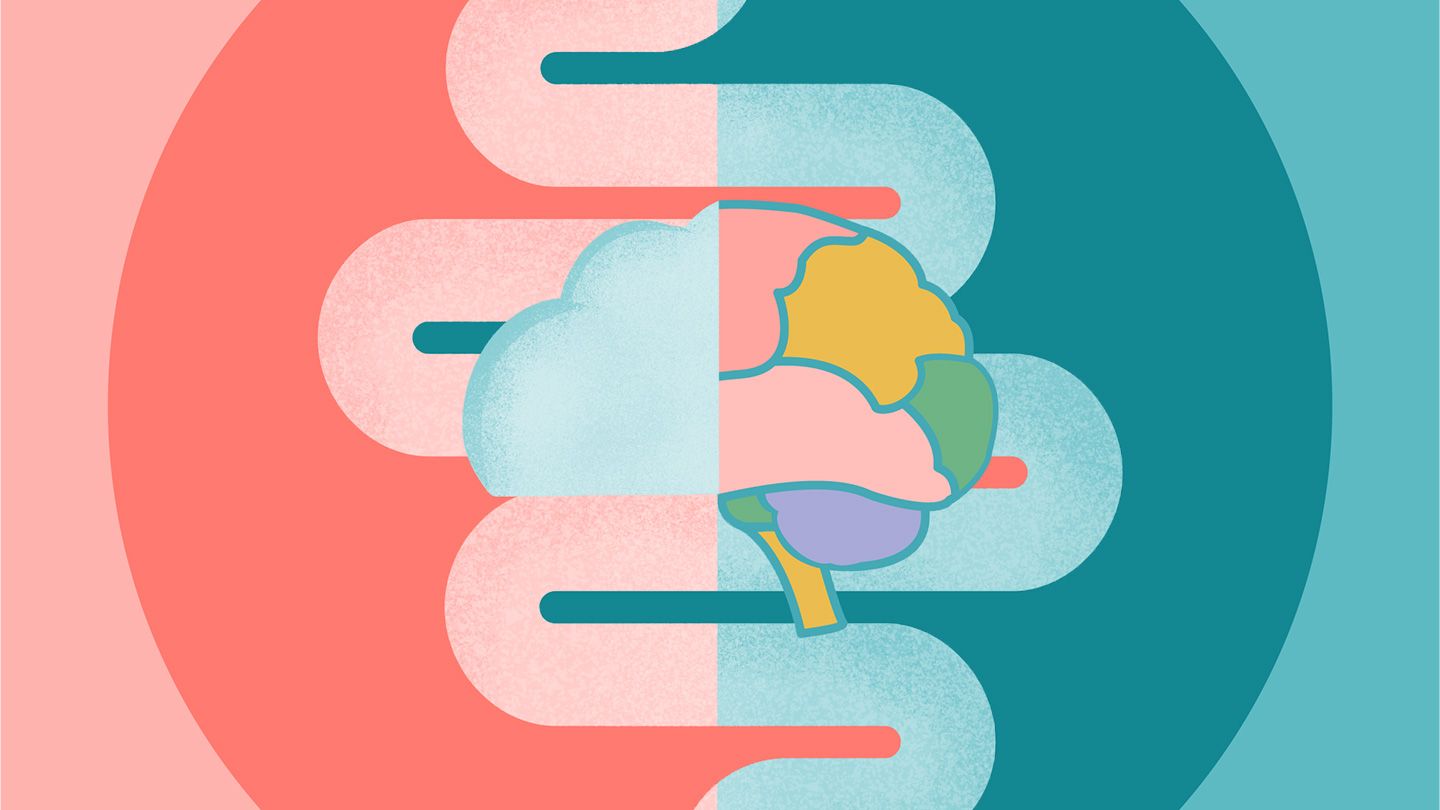If brain fog related to IBD is negatively affecting you, these tips can help manage its effects on your life.
1. Follow Your IBD Treatment Plan
You’re more likely to experience fatigue and brain fog if you have active IBD symptoms. Your treatment plan is designed to address the root cause of your brain fog — IBD. “In general, we recommend that patients with brain fog in IBD get their IBD under control, as brain fog tends to improve with the management of IBD symptoms,” says Qin Rao, MD, a gastroenterologist with Manhattan Gastroenterology in New York.
2. Ask Your Doctor About Adjusting Your Meds
Some prescription medications, like steroids and immunosuppressants (drugs that affect your immune system), can lead to certain symptoms of brain fog, such as fatigue.
Your healthcare provider can help you figure out if any of your meds are contributing to brain fog. “A patient should have a specialist assess their medication history,” says Dr. Qin Rao. Once they have the full picture, they can guide any medication adjustments.
Be sure to tell your doctor about any over-the-counter medications or supplements you’re taking, as these could play a role in brain fog, too. One small study of 66 people found that certain probiotic supplements were associated with brain fog, especially in men and Caucasian people.
3. Eat Gut- and Brain-Friendly Foods
As mentioned, addressing the root cause of brain fog — IBD — is one of the best ways to manage this symptom. As you probably know, nutrition plays a key role in managing IBD.
For starters, Supriya Rao recommends eating foods with plenty of fiber. High-fiber foods can boost both your digestive and your brain health.
You can find IBD-friendly fiber in the following foods:
- Fruits like bananas, raspberries, and applesauce
- Well-cooked vegetables like squash, carrots, and green beans
- Low-fat proteins like fish, nut butters, and chia seeds
On the other hand, some foods are known to cause inflammation when eaten frequently over time, which can have negative effects on the gut and brain. Foods linked to increased inflammation in people with IBD include:
- Red meats (such as lamb, beef, veal, pork, or bison)
- Processed meats (such as deli meats, sausages, hamburgers, or hot dogs)
- Coconut oil
- Dairy fat
- Palm oil
4. Curb Stress
Too much stress can lead to brain fog and worsened IBD symptoms. While it’s probably not realistic to cut all stress out of your life, it’s important to find effective ways to manage stress and minimize its effect on your brain and body.
Regular exercise, for instance, is a known stress reliever that may alleviate brain fog, says Qin Rao. Most adults should aim for 30 minutes of physical activity each day. Exercise doesn’t always have to be intense to have benefits, and even daily walks may help you feel better.
Any activities that incorporate mindfulness can also help, says Supriya Rao. (Mindfulness is the practice focusing on what you’re feeling and sensing in the present moment without judgment rather than worrying about the past or future.) Mindfulness-based interventions are part of a broader category of brain-gut behavioral therapies, which aim to address interactions between the gut and the brain and have shown promise in the management of IBD.
When stress of the day starts to pile on, take frequent breaks to use your favorite mindfulness techniques, which can include activities like deep breathing, meditation, or body scanning. “Try yoga or start a gratitude practice. These are great ways to reduce stress,” adds Supriya Rao.
If you try all these techniques and still feel stressed, consider reaching out to a mental health provider, who can discuss effective techniques to manage stress.
5. Prioritize Sleep
More than 75 percent of people with IBD say they don’t sleep well. Poor sleep can raise your risk of IBD flares and brain fog.
One way to get better sleep each night is to improve your sleep hygiene, or healthy habits around sleep. Try adopting these habits if you haven’t done so already.
- Keep the same bedtime and wake-up schedule every day, even on weekends. This can help regulate your circadian rhythm, the body’s internal clock, which in turn can regulate your sleep cycle.
- Follow a consistent, relaxing bedtime routine every night to wind down and get ready to sleep.
- Keep your bedroom cool, quiet, dark, and comfortable. A bedroom that’s too warm or noisy or lets in too much light can keep you up at night
- Eat only light snacks (no heavy meals) two to three hours before bed. Large meals can have the opposite effect and keep you up longer.
- Limit caffeine, alcohol, and nicotine in the afternoon and evening, as these substances can interfere with sleep.
If sleep issues stick around even after you follow great sleep habits for several weeks, you may want to reach out to a mental health provider. They can offer treatments such as cognitive behavioral therapy for insomnia (CBT-I), which is a top treatment for sleep disorders like insomnia (difficulty falling or staying asleep).
CBT-I involves several visits with a mental health provider, who helps you reframe negative thoughts around sleep. They also use techniques like sleep restriction and relaxation therapy to help improve your sleep. Research shows that, for people with IBD, CBT-I not only helps you sleep better, but may also improve pain, depression, and inflammation.
Read the full article here




